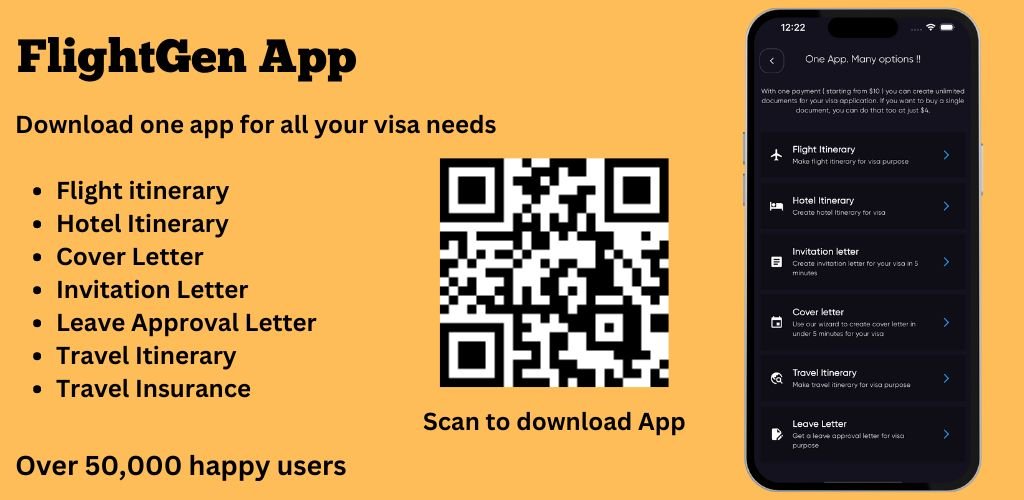Gone are the days of paper maps, printed itineraries, and long queues at travel agencies. Today, a growing wave of travel technology is changing how we discover, plan, and experience the world. With just a smartphone, travelers can now book flights, find hidden gems, translate languages in real-time, and even track their luggage from airport to destination.
In this article, we explore the latest innovations in travel technology, how they impact every stage of the journey, and what travelers can expect in the near future.
Smart Booking Systems: Personalization at Your Fingertips
One of the most remarkable advances in travel technology is the rise of intelligent booking systems. Platforms powered by AI now analyze user behavior, travel history, budget preferences, and even weather patterns to suggest flights, hotels, and activities that match your exact needs.
Dynamic pricing tools adjust fares in real-time based on demand, seasonality, and competitor rates. For example, apps like Hopper use historical flight data and predictive algorithms to tell you the best time to buy a ticket, helping save money and reduce uncertainty.
Mobile Passports and Digital Identity
Security and speed are top priorities at airports. Many countries have started using e-passport gates and digital identity systems to simplify immigration processes. These tools use biometric authentication—like facial recognition and fingerprint scanning—to allow for faster and safer border crossings.
Some airports have even introduced mobile passport apps, letting travelers fill out customs forms digitally and breeze through checkpoints without paperwork. This not only enhances the travel experience but also cuts down administrative costs and environmental waste.
Language and Cultural Barriers: No Longer a Roadblock
Language translation tools have significantly improved, thanks to AI and machine learning. Real-time translation apps can now interpret both text and spoken conversations with surprising accuracy. Travelers can read foreign menus, ask locals for directions, and understand signs without needing to know the native language.
These tools also encourage cultural exchange and make solo or off-the-grid travel more accessible than ever before. Google Translate, Microsoft Translator, and newer AI-based platforms even allow offline use in case of limited connectivity.
Contactless Travel: The New Standard
The COVID-19 pandemic accelerated the adoption of contactless systems in travel. QR codes, e-tickets, contactless payments, and digital hotel keys are now standard offerings in most countries. Touchless check-ins at airports, hotels, and car rentals have reduced the need for human interaction while increasing efficiency.
Some countries also provide digital health certificates and vaccine passports, stored directly on mobile devices, to allow travelers to meet entry requirements without physical paperwork.
Travel Planning Tools: One App to Rule Them All
Today’s travelers prefer convenience and integration. Travel super-apps are becoming increasingly popular, bundling flight booking, hotel reservations, itinerary planning, currency conversion, and maps into a single platform.
Apps like TripIt, Roadtrippers, and Rome2Rio consolidate all your travel information in one place. They offer real-time updates, traffic alerts, local experiences, and even weather notifications—making them essential companions for any traveler.
Eco-Friendly and Smart Luggage
Sustainable travel is gaining traction, and technology is playing a part in it. Smart luggage now includes GPS trackers, USB charging ports, and even weight sensors to avoid excess baggage fees. Some eco-conscious brands are incorporating solar panels and recycled materials into their suitcase designs.
These innovations not only provide peace of mind and convenience but also support environmentally responsible tourism.
Virtual Reality (VR) and Augmented Reality (AR) in Travel
Imagine exploring the ruins of Pompeii or viewing the Northern Lights from your living room. Virtual reality is making that possible. Many tourism boards and travel agencies are using VR tours to promote destinations before people commit to visiting them.
Augmented reality is also enhancing in-destination experiences. Point your phone at a historic landmark, and instantly get historical facts, interactive maps, or fun filters to enhance your photos. This blend of education and entertainment is redefining how we engage with new places.
Travel Technology and Visa Preparation
For international travelers, documentation remains a critical part of planning. Thanks to digital tools, applying for a visa is easier than ever. Online portals now allow for the submission of essential documents like a cover letter for visa or invitation letter for visa without physical visits to embassies.
Document templates, visa requirement checklists, and automated reminders ensure travelers don’t miss a step. In the near future, we may even see AI-driven assistants helping individuals prepare their entire visa applications from start to finish.
FlightGen: Making Trip Planning Smoother Than Ever
At the intersection of convenience and innovation is the FlightGen app—a modern solution for travelers and travel agents who want to streamline complex travel arrangements. From generating cover letter for visa, flight itineraries, Invitation letter for visa and managing bookings to organizing visa documents and tracking multiple applications at once, FlightGen acts like your personal travel assistant in your pocket.
It’s especially useful for families or tour operators handling multiple visa applications together. Whether you’re coordinating group flights or managing documents across different embassies, FlightGen helps you stay organized and stress-free.
Final Thoughts
Travel technology is no longer a luxury—it’s the backbone of modern travel. As tools continue to evolve, they bring us closer to a future where travel is safer, smarter, and more sustainable. Whether you’re a solo backpacker, a business traveler, or a family on vacation, embracing these innovations can make your journey smoother and more enjoyable.
So, the next time you’re planning a trip, consider the power of technology—and maybe let FlightGen handle the logistics while you focus on the adventure ahead.















Leave a Reply